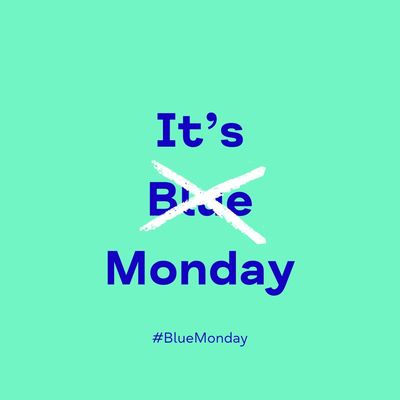In recent years, I have noticed a growing interest in soft skills for accountants and those in the finance industry. As well as clients and hiring managers looking at experience, qualifications and professional knowledge, they are paying close attention to soft skills. Soft skills play a crucial role in the success of a team, and communication is one of the most important. Though technical skills are important for performing specific tasks, it's communication that often determines how effectively a team collaborates and navigates complex workplace situations.
In this blog, I’ve taken a look at why communication is such an important soft skill to have, and how you can enhance how your team communicates.
Why Communication is an Important Soft Skill
If you ask me, communication is arguably one of the most critical soft skills within a team, especially in the accounting and finance industry. Effective communication impacts nearly every aspect of teamwork, collaboration and overall success within a business. It ensures that information is conveyed accurately and clearly. When team members understand what one another is saying, tasks are completed correctly and misunderstandings are minimised.
Without clear communication mistakes, misunderstandings and delays are more likely. This reduces the chances of confusion and helps projects stay on track.
Additionally, good collaboration relies on clear and open communication. Team members need to share ideas, feedback and updates regularly to work together and achieve shared goals. With communication, there’s a higher chance of something going wrong during a team project.
In order to make a good decision, you need accurate and relevant information. Clear communication provides the necessary data and insights for informed decision making, resulting in better outcomes for the business as a whole. Good communication involves listening and involving team members in discussions. When employees feel their opinions are valued and that they are part of the decision making process, they’re likely to be more engaged in their work.
How You Can Develop Communication in Your Team
Developing effective communication skills in your team requires a proactive and strategic approach, starting with setting clear expectations. You should clearly define the importance of communication within the team, emphasising that openness and honesty is essential for collaboration and achieving team goals. As a leader, you should demonstrate effective communication practices. Be open to feedback, actively listen to your team, and communicate your expectations clearly. Your behaviour sets the tone for the team, so lead by example.
Organising workshops and training sessions focused on various aspects of communication - such as active listening, effective speaking, nonverbal communication and conflict resolution - can be hugely beneficial, and you could even consider bringing in external experts if needed.
With the growing reliance on remote and hybrid working, provide your team with a variety of communication tools. This could include email, messaging apps, video conferencing, and face-to-face meetings, of which I use a variety. Make sure that team members know the right channel for different types of communication. For example, urgent matters might be best suited for direct messages or phone calls, while general updates could be shared via email or team chat.
If your team is struggling to communicate, don’t shy away from finding a solution. When communication breakdowns occur, address them openly and as a team. Discuss what went wrong, identify the underlying issues and work collaboratively to find solutions.
Of course, communication is only one of many soft skills that can give your team a boost in the right direction. Check back next week to discover the next soft skill on the list.
.jpg)
.jpg)













